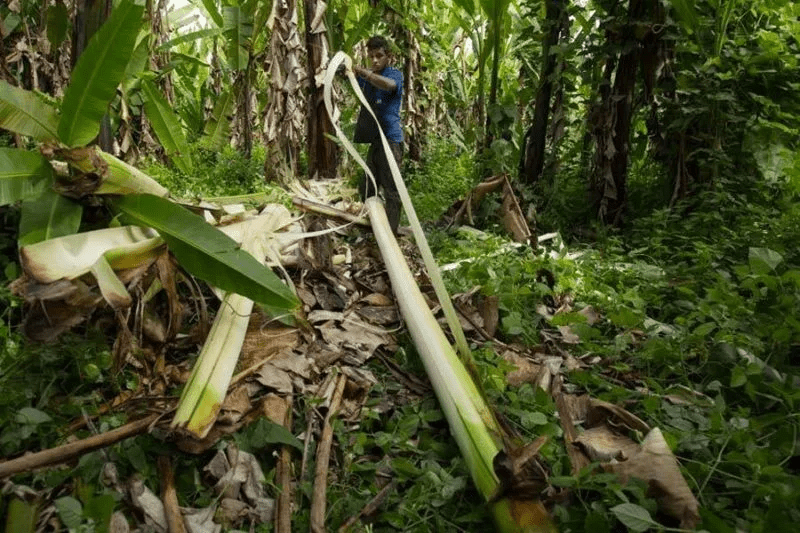
HAVANA TIMES – Victims of contemporary forms of slavery in the abaca plantations in Ecuador should receive legal recourse and reparations in ongoing lawsuits, human rights experts from the United Nations system stated in this Swiss city.
The lawsuits “are a unique opportunity for Ecuador to deliver justice to the victims,” and the company Furukawa Plantations C.A. “must be held accountable for the human rights abuses committed, and adequate, effective, and prompt reparations must be granted to the victims,” said the rapporteurs.
Additionally, “human rights defenders must be protected instead of being intimidated,” noted the experts’ statement.
They include members of the Working Group on Business and Human Rights: Robert McCorquodale (president rapporteur), Fernanda Hopenhaym, Pichamon Yeophantong, Damilola Olawuyi, and Elzbieta Karska, who act as independent experts in the United Nations Human Rights Council.
In addition to them, the statement is signed by Tomoya Obokata, Special Rapporteur on contemporary forms of slavery; Farida Shaheed, Rapporteur on the right to education; Michael Fakhri, Rapporteur on the right to food; and Pedro Arrojo-Agudo, Rapporteur on the human rights to safe drinking water and sanitation.
They believe “it is encouraging to see that Furukawa Plantations C.A. is being held accountable in two groundbreaking lawsuits over allegations of servitude and forced labor.”
“More than 330 workers from


